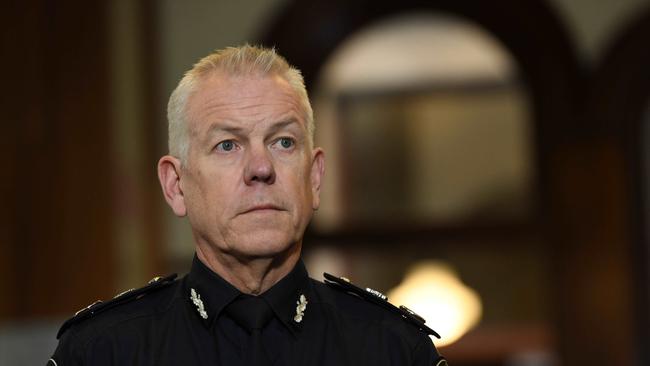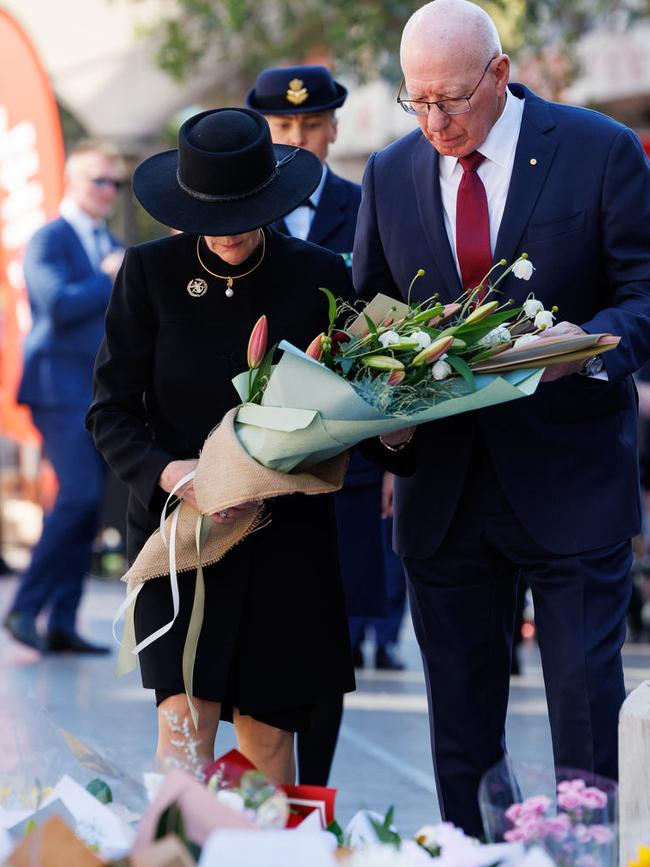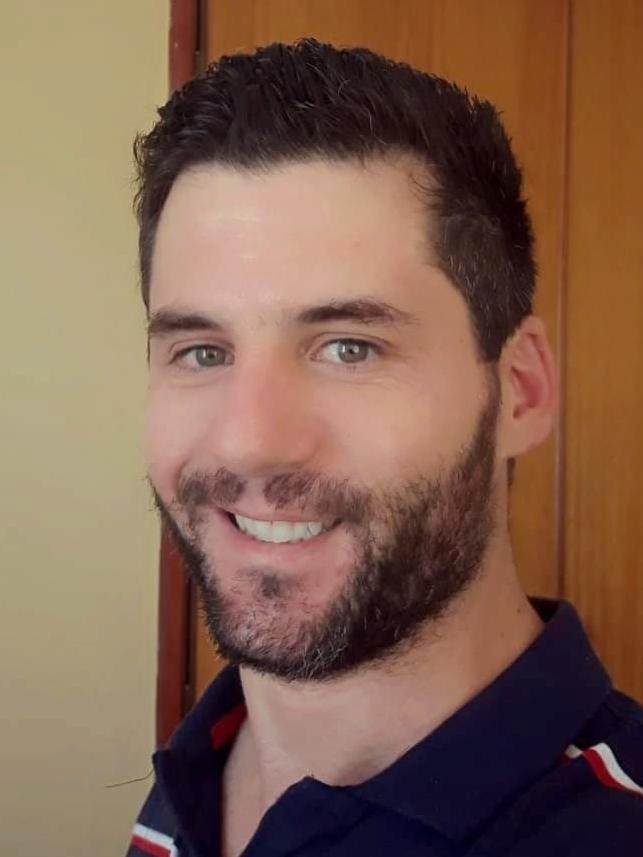Police Commissioner Grant Stevens warns of ‘contagion theory’ after Bondi massacre
The state’s top cop has revealed police in South Australia are on high alert after the Bondi tragedy, with psychologists warning of a copycat risk.
Police & Courts
Don't miss out on the headlines from Police & Courts. Followed categories will be added to My News.
Police Commissioner Grant Stevens has revealed the state’s top psychiatrist has issued a chilling warning in the wake of the Bondi massacre that claimed six innocent lives, with police now on high alert across SA.
Six people were killed after Joel Cauchi, 40, unleashed a murderous rampage on Saturday April 13 – including Yixuan Cheng, 27, Pikria Darchia, 55, Dawn Singleton, 25, Faraz Tahir, 30, Jade Young, 47 and Ashlee Good, 38.
Ms Good’s nine-month-old baby daughter, Harriet, was one of 12 further victims taken to hospital.
In the wake of the tragedy, it was revealed Cauchi had been previously diagnosed with schizophrenia, a psychiatric disorder, and had gone off his medication in the years before the attack.
On Thursday morning, Mr Stevens said SA Police had received correspondence from the state’s Chief Psychiatrist Dr John Brayley, who warned cops and mental health practitioners to be on high alert during the “contagion theory” period.
“Where you have a significant incident like that, then the potential for something to occur in a similar vein is heightened over about a two-week period,” Mr Stevens told FIVEAA.

The Police Commissioner said psychologists had been urged to monitor their clients to make sure they were okay, while SA Police officers had escalated their levels of vigilance.
“We ask people in the community to be more vigilant,” he said.
“You simply hope it doesn’t happen, because sometimes you just don’t get a real indication … so it’s about the ability to respond quickly.
“We are paying attention to what’s happening in New South Wales and the potential for a similar thing to happen here.”
In an unrelated incident last year, mother-of-two Julie Seed was allegedly killed by Shaun Michaels Dunk, who left a mental health care centre just hours before the attack.
Mr Stevens said police attendance for mental health cases was “higher than ever before”, with officers spending thousands of hours a year responding to mental health incidents in the community.


“A lot of these mental health incidents present as someone behaving in an agitated manner or a threatening or harmful way, or threatening self-harm,” Mr Stevens said.
“There is a policing role in responding to that, but it’s a growing impact on where our police resources go.”
The Police Commissioner also responded to calls from security organisations for greater equipment to withstand stabbing attacks, including stab vests or potential weaponry.
Mr Stevens said the community needed to “take a step back” before making decisions over changes to security guards’ powers.
“(We need to) make an informed decision about whether you escalate the type of equipment security guards are carrying,” Mr Stevens said.
“It’s a different story for police because we are responding to taskings all the time and we are dealing with offenders.”





